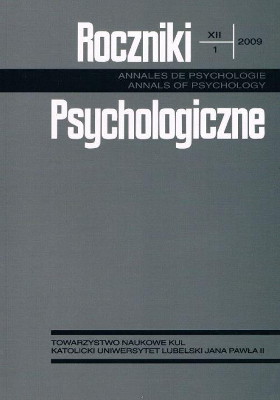Suicide, Euthanasia and Common Sense
Abstract
The importance of neurolinguistic knowledge for modern medicine is difficult to overestimate. The analysis of language creation and evolution, perhaps music too, seems to be an excellent source of information about gene functioning mechanisms; however, the dialog between linguists and psychologists who have a humanistic background and biologists and physicians who come from the scientific circles encounters serious difficulties (Marcus, Rabagliati, 2006).
References
Griffith, R., Tengnah, C. (2008). Mental Capacity Act 2005: Advanced Decisions to Refuse Treatment. British Journal of Community Nursing, 13, 391-394.
Haras, M.S. (2008). Planning for a Good Death: a Neglected but essential part of ESRD Care. Nephrology Nursing Journal, 35, 451-458.
Marcus, G., Rabagliati, H. (2006). What developmental disorders can tell us about the nature and origins of language. Nature Neuroscience, 9, 1226-1229.
McCabe, H. (2008). End-of-Life Decision-Making, the Principle of Double Effect, and the Devil’s Choice: a Response to Roger Magnusson. The Journal of Law, Medicine & Ethics, 16, 74-84.
Van der Heide, A., Deliens, L., Faisst, K., Nilstun, T., Norup, M., Paci, E., Van der Wal, G., Van der Maas, P.J. (2003). EURELD consortium. End-of-Life Decision-Making in Six European Countries: Descriptive Study. Lancet, Aug 2, 362(9381), 345-50.
Copyright (c) 2009 Roczniki Psychologiczne

This work is licensed under a Creative Commons Attribution-NonCommercial-NoDerivatives 4.0 International License.


